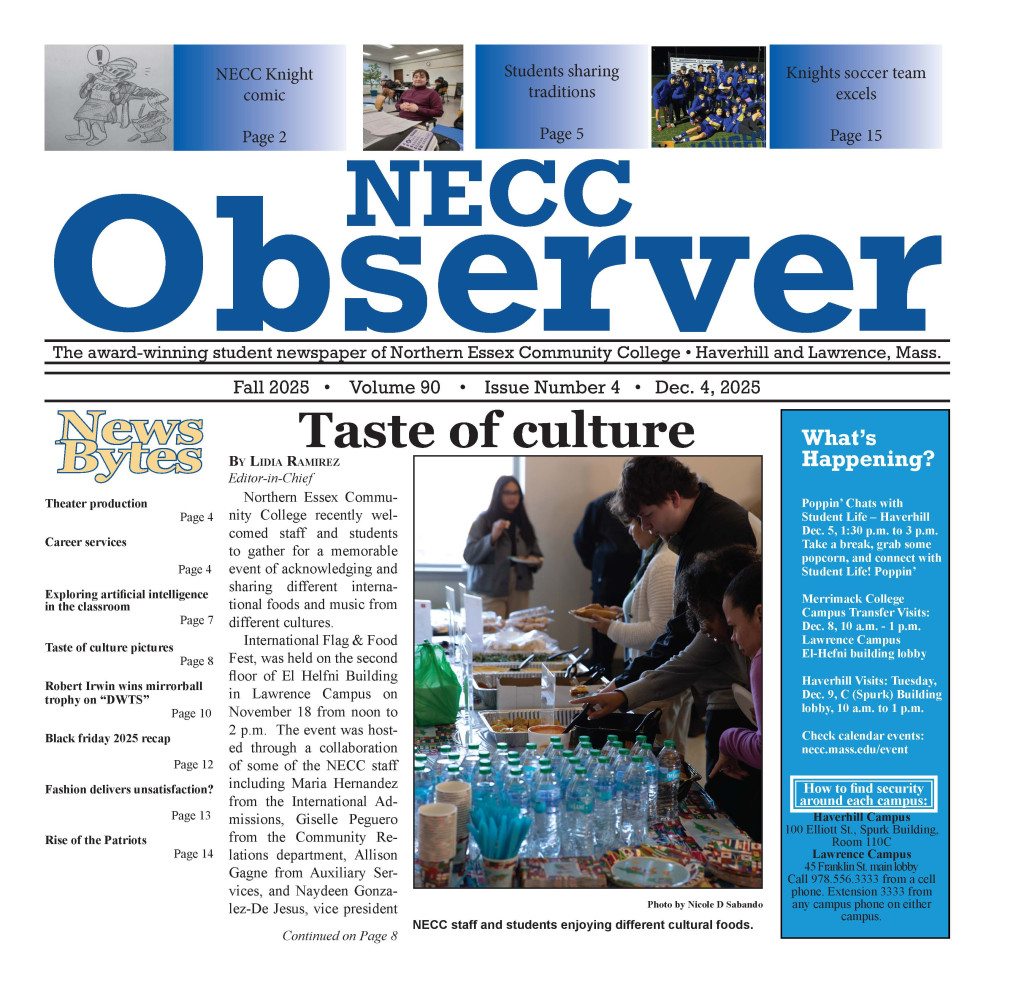It is a difficult time for everybody.
With the world seemingly gone to fire overnight and many states in the country still on mandatory stay at home order, there seems to be a barrage of complicated and often conflicting information, about what to do to keep both you and your family safe during this time of uncertainty.
If only there was a place where all the important safety protocols were listed out, oh wait you are reading it.
First and foremost the best thing you can do, unless you’re an essential worker; Stay at home! It is said time and time again on the news and in every important article you will read.
The best way to slow the infection rate it is simply, to give the virus less people to infect. According to the world health organization (WHO) this virus seems to be so infectious, because it can live up to 14 days on a sterile surface, instead of the average 2 days from an illness like the flu or pneumonia.
This is why the stay at home order is both so important and seems to be so long. It’s made that way for a reason.
What about when you have to go out? The WHO has an answer for this too. The two best things you can do is to social distance, and wear a mask.
Wearing a mask is mostly meant to help protect others. One of the biggest ways this virus can spread is when someone who is infected coughs or sneezes, this allows the virus to spread through the air. However. If you wear a mask, it will trap the microbes that allow the virus to spread, and decrease the infection rate.
What will protect you is social distancing, and it’s as easy as staying a minimum of six feet apart from people when you see them, and to only go out for necessities like shopping for food, water, and toiletries. Ok so, you are social distancing, you say, and you only go out for the most important things.
Well you’re already doing a better job than many people!
Remember knowledge is power, so the best way to keep yourself and your loved ones safe is to educate yourself about this virus. The WHO says that this virus most severely affects infants, the elderly, and people with underlying respiratory ailments.
And although you might not have any of those, you are still at risk, and you will be putting others at risk if you aren’t being safe.
For the NECC community it has been hard to switch to online learning, however the switch is only temporary, and it is necessary for the safety of you and your loved ones. Just remember, this is not a permanent change to life, and eventually though it may take months or even years to get back to complete normalcy don’t lose hope because we will defeat COVID-19. And life will go on.

